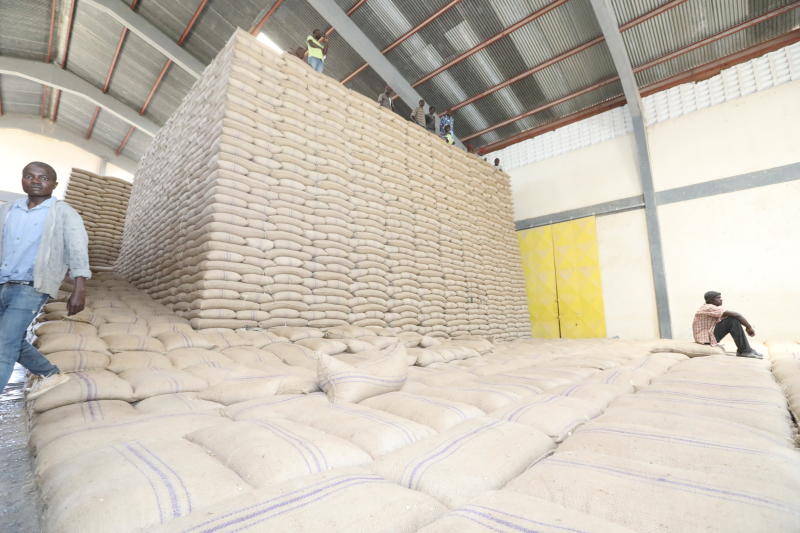×
The Standard e-Paper
Smart Minds Choose Us

Grain storage facilities owned by the government and run by the National Cereals and Produce Board (NCPB) are in a deplorable state, with many of them falling apart due to years of neglect.
Roof leakages, poor ventilation and a general lack of care for the stores that house Kenya’s strategic reserves have become an unwelcome hallmark for the facilities, Saturday Standard has established.